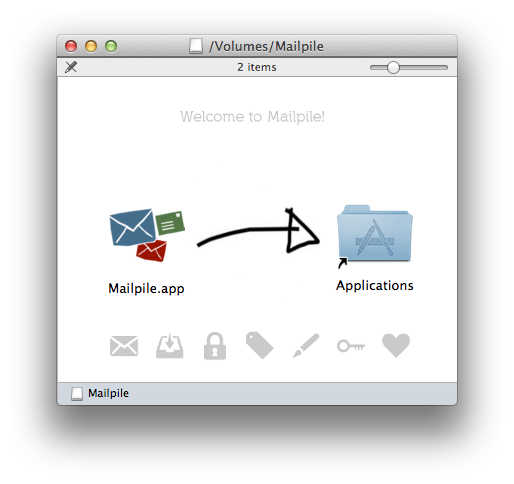
We last looked at Icelandic startup Mailpile about a year ago, when Paypal suddenly and infamously froze the company's crowdfunding dollars and demanded that it supply Paypal with its business plan and detailed budgets to prove that it wasn’t some sort of money laundering scheme. Fortunately, Paypal relented and unfroze Mailpile’s money, and the development team got back to work. And they’ve been busy—just a few days ago, Mailpile went beta.
At first blush, Mailpile looks like a local mail application with a webmail interface, intended to put a Gmail-like face on your mail without you having to actually go to gmail.com. However, Mailpile’s goal is much deeper than that—the company is building in seamless support for PGP encryption and key management, and Mailpile wants to enable its users to have fast and easy access to encrypted, secure communication.
Mailpile isn’t a Mail Transfer Agent—an "e-mail server," like Postfix. Rather, it's an MUA, or Mail User Agent. It’s intended to be an application that you install on your local computer. Once installed, it runs its own lightweight Web server that you connect to via your Web browser. You feed the application IMAP credentials for the account or accounts you want to use (like a Gmail account, for example), and Mailpile then downloads all of your account’s messages into a local store, just as any other mail application does. Once downloaded, Mailpile also indexes the messages so that you can do fast local searches—something that’s hit or miss with other MUAs.
The extra value with Mailpile is the security side. Unlike many other MUAs that support encryption only through plug-ins, Mailpile integrates PGP as part of its core, letting users transparently send encrypted e-mails to each other without having to go through much of the unfriendly complexity required to properly send and receive encrypted mail. In fact, the heavy focus on encryption is one of Mailpile’s biggest selling points—your mail still transits through Gmail or Yahoo or whatever public mail service you use, but the more of it that's encrypted at the endpoints, the more difficult it is for an outsider to snoop on it.
Mailpile also works great if you’re running your own e-mail server, like the Postfix-Dovecot-Spamassassin-based system we set up in our four-part series on DIY e-mail server hosting. Mailpile would fit into that stack either as a centrally hosted webmail service running on your Web server (replacing Roundcube, which we used) or as a plain-Jane MUA running on your own computer.And on the subject of selling points—after completing their crowdfunding campaign, Mailpile’s releases have all been free, and the developers intend for the application to remain that way. The application can be downloaded as ready-to-install OS X, Windows, and Linux packages from the Mailpile site, or interested users can hit Mailpile’s Github repo and poke at the code themselves.
We've spent time on and off with Mailpile's various alpha releases over the past year and never fully committed to it; however, now that the application is stabilizing and heading toward release, we'll be giving it a much more detailed look in the near future—and writing up our impressions. Stay tuned!
reader comments
75